
Get Instant Solution By an Expert Advisor
(4.8)
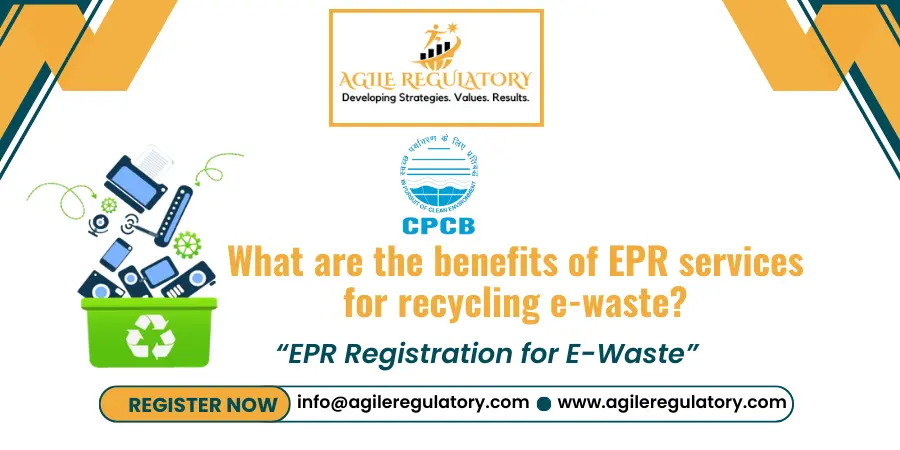

The EPR Registration Online for E-waste Management ensures that e-waste is treated safely and in accordance with the laws and regulations specified in the rules. EPR Authorisation is a waste management concept that includes electronic trash (e-waste). E-waste management permission is primarily an approval provided by a regulatory body to persons or organizations engaged in the collection, transportation, recycling, and disposal of electronic waste. The primary goal is to encourage manufacturers to create products that promote recycling and correct disposal, limit waste creation, and ensure the safe disposal of hazardous chemicals. E-waste management authorization facilitates e-waste-related operations while also protecting the environment and public health.
The method for getting (extended producer responsibility) EPR authorization is as follows:
Step 1: Electrical and electronic equipment manufacturers must submit a Form-1 application to the Central Pollution Control Board within 90 days to get EPR authorization.
Step 2: After receiving a complete application, the Central Pollution Control Board will evaluate the EPR Plan and grant EPR Authorization in Form 1(aa) within 120 days if the producer has detailed an effective system to manage EPR, also known as Extended Producer Responsibility.
Step 3: Specify the amount of e-waste material to be collected per product code for the year. The exact aim for collecting e-waste for dismantling or recycling will be determined based on the amount of electrical and electronic equipment put on the market in previous years, product code-wise, and then considering the equipment's typical life.
Step 4: The producer will estimate the amount of e-waste created in the current year and suggest a collection method for the EPR plan. The Central Pollution Control Board is responsible for setting objectives in accordance with Schedule III of the E-waste Management Rules.
Step 5: After providing an applicant with a fair chance to be heard, the Central Pollution Control Board will either deny or give EPR authorization.
Step 6: If the Central Pollution Control Board refuses EPR Authorization, the manufacturer loses the ability to sell any Electrical and Electronic Equipment until the authorization is granted.
Step 7: After granting EPR Authorization, the Central Pollution Control Board shall send the Extended Producer Responsibility Plan to the relevant State Pollution Control Board for monitoring.
EPR for E-Waste plays an important part in keeping our environment nice and clean while also relieving the government of the cost of doing so. Specifically, E-Waste is very detrimental to the environment due to the harm it may bring to human health. It often contains very hazardous chemicals and poisonous compounds that must be disposed of with extreme caution and responsibility. In the absence of doing so, they may be exposed to dirt, water, or air. It may also contaminate crops growing nearby and pollute the water in neighbouring rivers. It may also contaminate the air if discarded in the open or burned, making neighbouring residents ill. Some of the compounds that might cause deadly harm to humans are mercury, lead, and cadmium.
As a result, pollution-controlling organizations must establish tight guidelines for the disposal of such trash, monitor them closely, and penalize offenders who fail to follow the laws.
The E-Waste Management Rules 2022 apply to all manufacturers, producers, refurbishers, dismantlers, and recyclers who make, sell, transfer, buy, refurbish, dismantle, recycle, and process electrical, electronic, and solar photovoltaic waste. It establishes guidelines for the collection, transportation, disposal, and general management of e-waste. The regulating organization is the Central Pollution Control Board, which not only sets standards but also registers all producers, manufacturers, recyclers, and refurbishers. Those engaged in such a company must report to CPCB anytime they deal with e-waste and provide thorough information about it. They are also prohibited from being engaged with any unregistered company of this kind.
Conclusion
With an increasing number of electronic gadgets being manufactured, e-waste recycling is more crucial than ever. To get EPR authorization, connect with EPR Registration Consultant Agile Regulatory.

 Vanshika Mathur
Vanshika Mathur
27 Feb, 2026
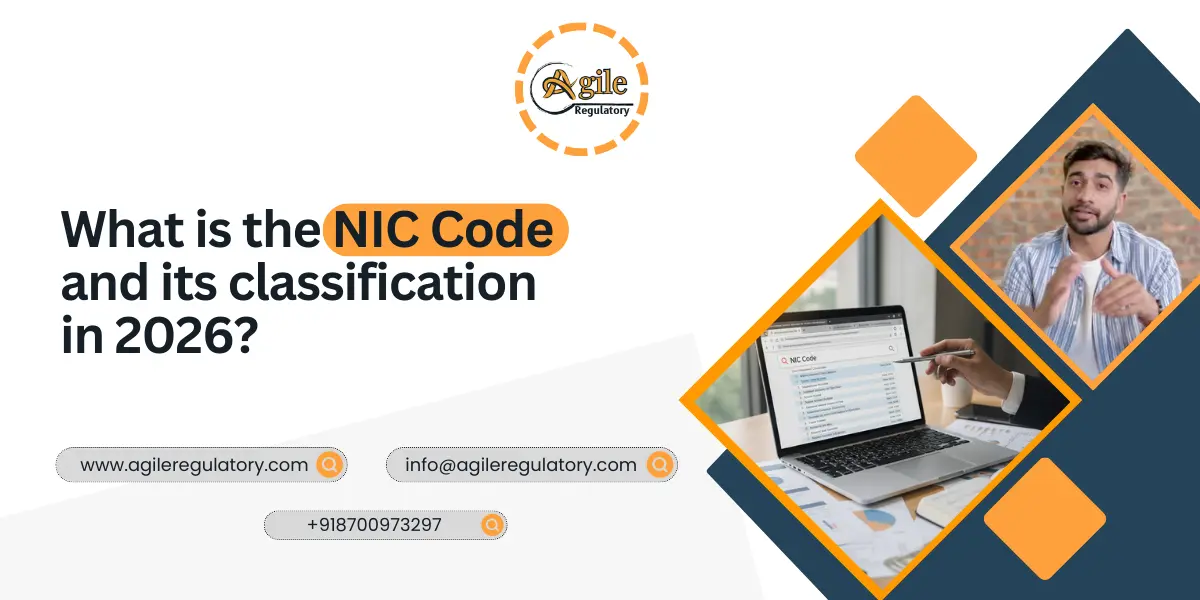
 Divya Saxena
Divya Saxena
27 Feb, 2026
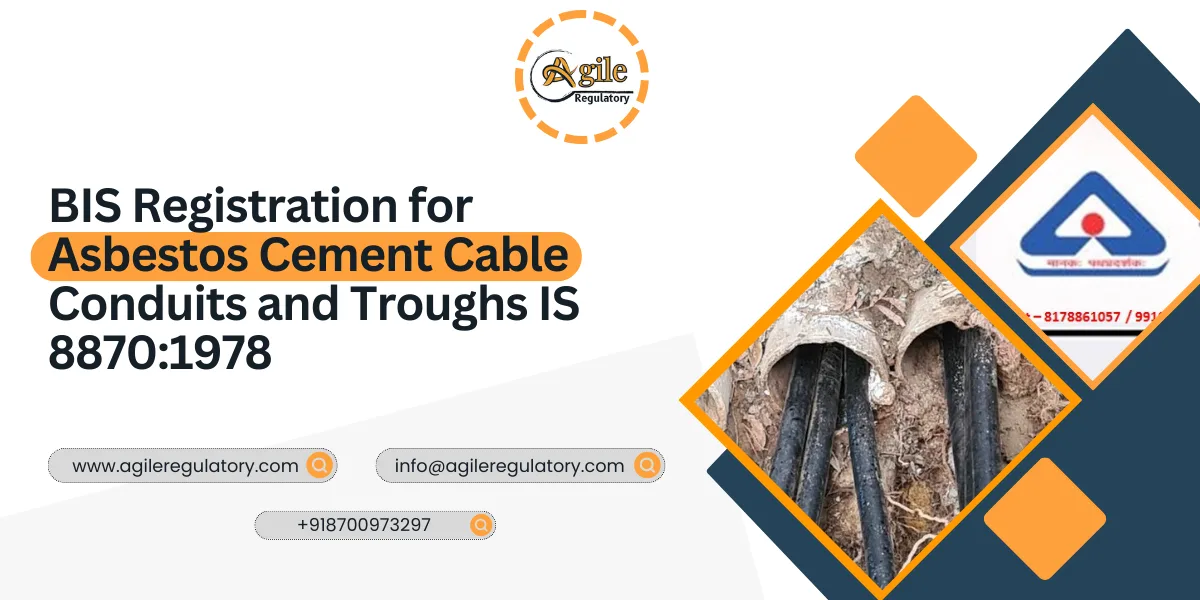
 Nishi Chawla
Nishi Chawla
27 Feb, 2026
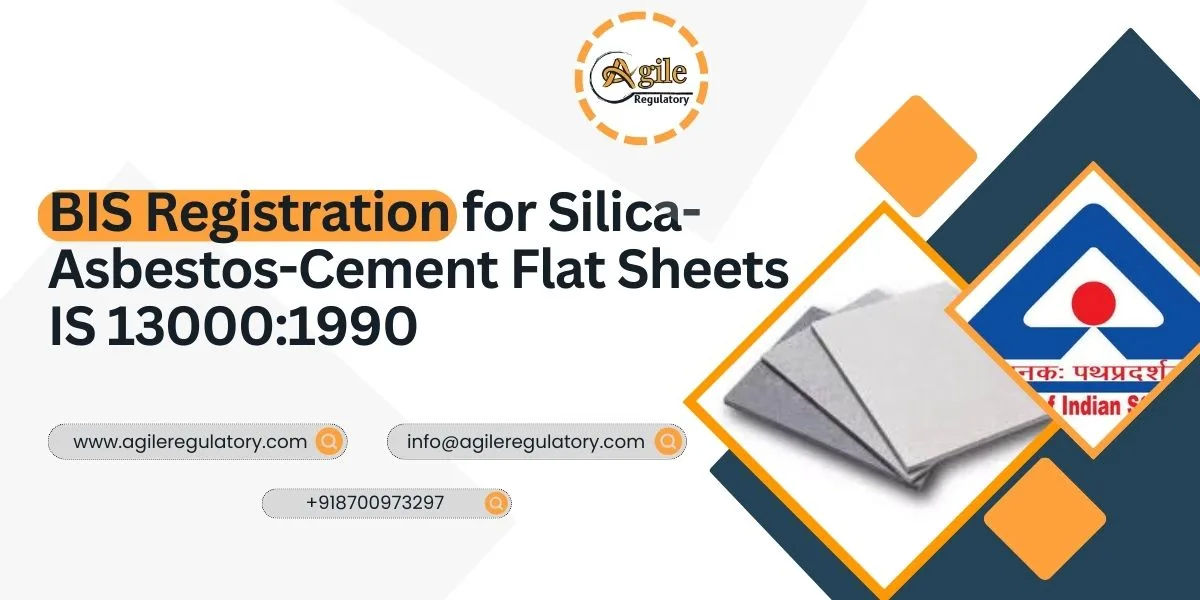
 Nishi Chawla
Nishi Chawla
27 Feb, 2026
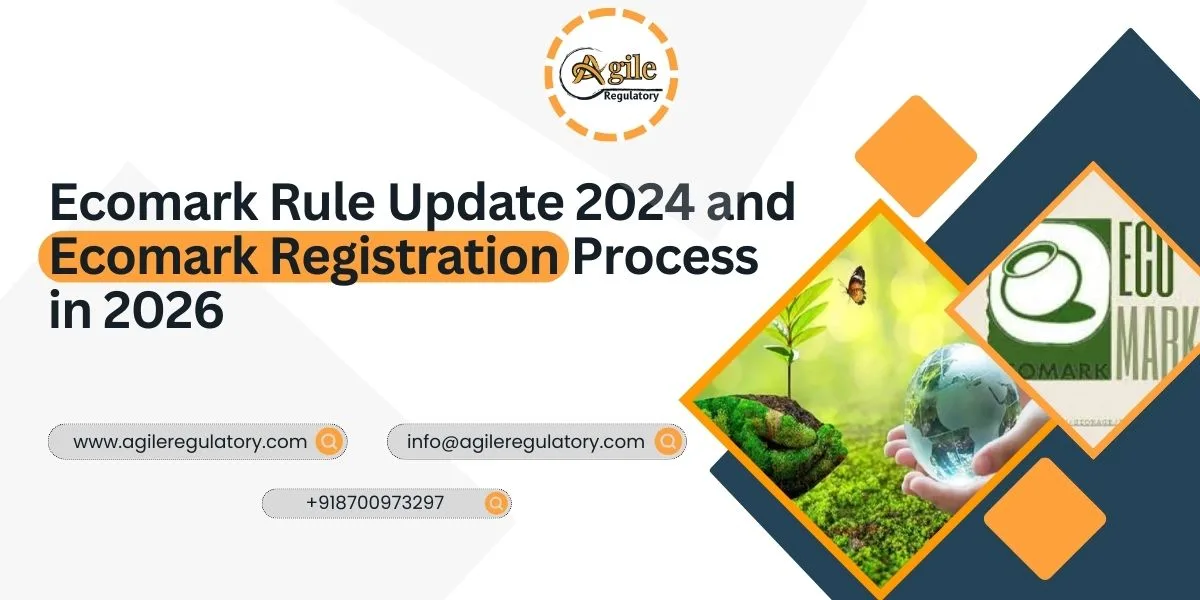
 Vanshika Mathur
Vanshika Mathur
26 Feb, 2026

Get Instant Solution By an Expert Advisor
(4.8)
We simplify compliance through a proven 4-step process: Consultation, Documentation, Submission, and certification. From understanding requirements to getting final approvals, we deliver a smooth, timely, and fully compliant journey for your business.
What our customer says about us
Fantastic support from the team. Their expertise transformed our approach, driving remarkable outcomes. A must-have partner for businesses seeking effective consulting solutions. Highly recommended.

KTPL Instruments
Agile Regualtory delivers exceptional solutions. Their insightful guidance streamlined our processes and boosted profitability. Highly recommended for businesses seeking expert consulting services to thrive.

Justrack IOT
Impressed by Agile Regulatory's expertise. Their strategic insights and practical solutions have elevated our business operations. A reliable partner for effective consulting services. Highly recommended for growth-focused businesses.

Coaire Compressor
Extraordinary consulting services. Their insightful solutions and dedicated team reshaped our business, driving remarkable improvements. Highly recommend it for transformative results.

Easy Polymer
Incredible experience with Agile Regulatory. Their innovative strategies and expert advice revitalized our business model, resulting in impressive growth. Highly recommend their exceptional consulting services.

Tarus International
Top-tier consulting! offered strategic solutions that revolutionized our approach. Their deep expertise and personalized guidance made a significant impact on our success. Highly recommend their services.

Anchor Weighing
Agile Regulatory exceeded expectations! Their tailored solutions, expertise, and proactive approach led to remarkable results. Highly recommend for businesses seeking impactful and strategic guidance.

AM Capacitor
Outstanding service! delivered targeted solutions with professionalism and expertise. Their insights elevated our business strategies, resulting in noticeable growth. Highly recommended for exceptional consultation.

Imaxx Pro Aquistic
Leave a Reply
Your email address will not be published. Required fields are marked *